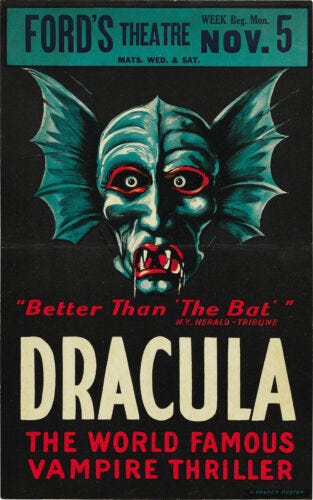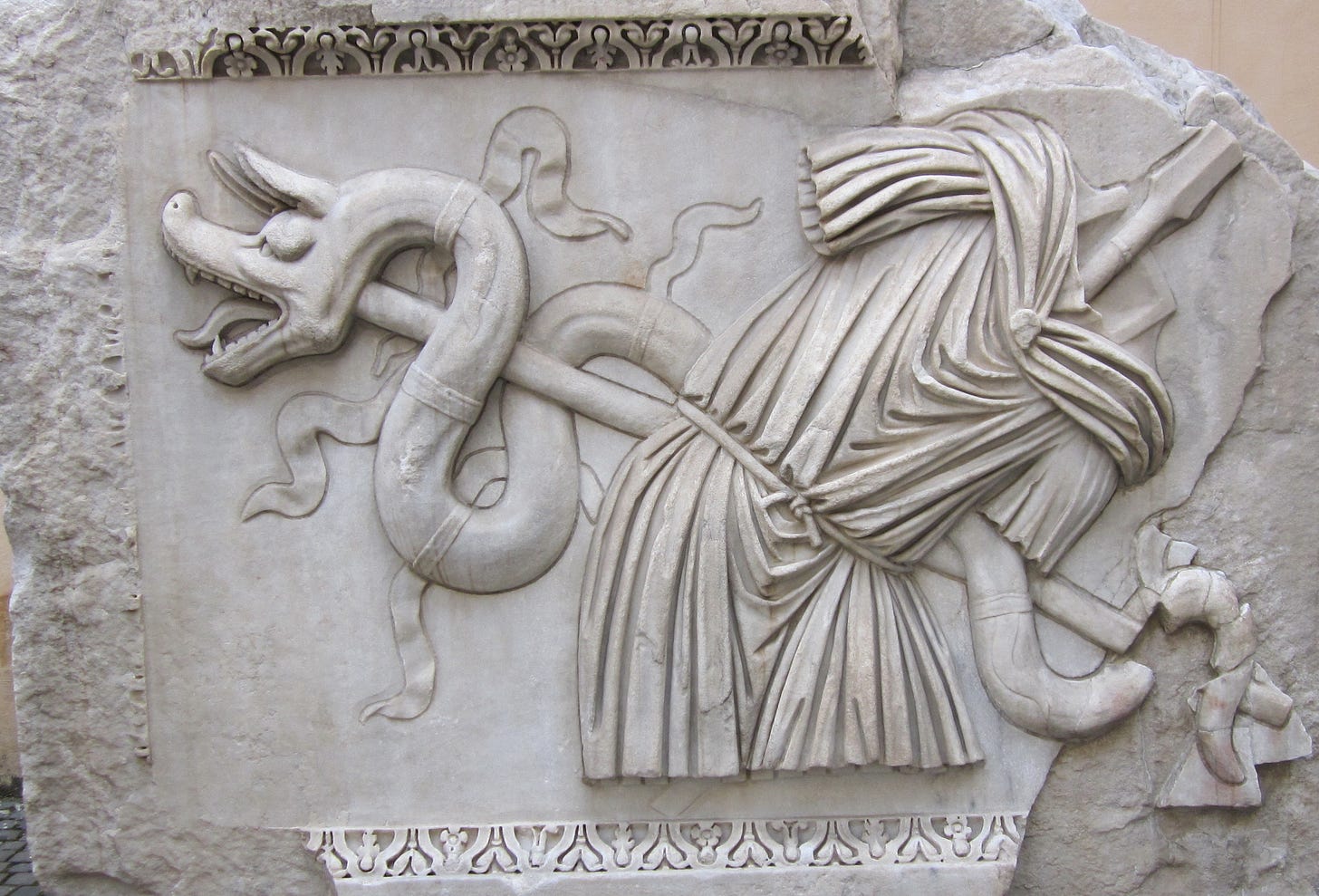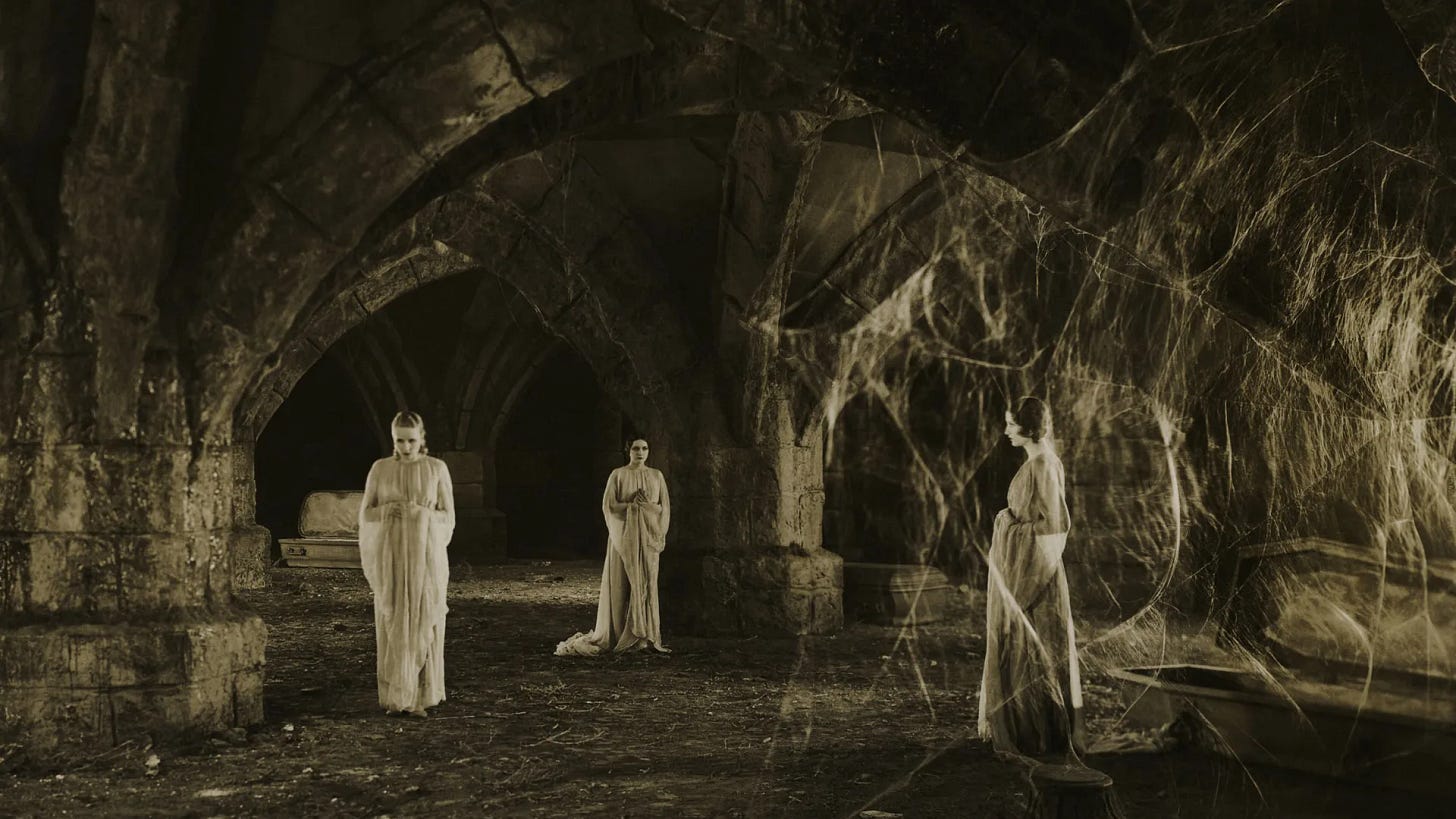An adventure for Istanbul PCs, working for the Manzikert Hotel.
Sandor Sopwith, private secretary to the Romanian industrialist Aristide Blank, pays you a discreet visit. He’s concerned. Blank is behaving strangely. Has taken up apartments in the Transylvanian town of Brasov, where he pays regular visits to the Black Church, and eats spiders for lunch.
Sandor wants someone to sort it out.
If you meet Blank and make a good impression, he’ll let you know in confidence that he’s under serious consideration for admission into the Scholomance - the Devil’s school under Moldoveanu Peak, which only admits ten students every seven years.
One of them becomes the Weathermaker, conjuring storms for the Devil from the back of the many-headed dragon that lives under Lake Hermannstadt. Eight of them become the Solomonari, travelling beggar-wizards in white robes who do the Devil’s bidding on Earth, and one of them is dragged away to Hell.
Blank tells you he’s in with a good shot. Then he bites a small bird’s head off and explains that he has to consume as much life as possible to pass the Devil’s strenuous entrance tests. Competition’s stiff, since the most evil creatures in the world all apply.
Follow him to the Black Church. Find him entering an alcove veiled by hanging Turkish rugs. Meeting with Corneliu Codreanu, head of the Legion of the Archangel Michael, also known as the Iron Guard. This strikes you as odd, since Codreanu is a rabid anti-Semite who has tried to kill Blank on multiple occasions. But they seem to be getting along well.
As you watch, Codreanu slits his palm and pours blood into Blank’s waiting mouth. Blank laps it up eagerly, like wine, and asks for more. But Codreanu won’t let him have it. Not until he’s shown his worth.
Codreanu meets his Legionnaires in cafes around the town, where they play chess over glasses of plum brandy and debate the origins of the Jewish menace. Green shirts and swastikas. Traditional peasant costumes with crucifixes and bags of Romanian dirt around their necks.
Recruit among local farmers - squinty-eyed, suspicious men who think the Jewish bankers hire witches to blight crops so they can get farms cheap. Intellectuals from Bucharest - disaffected poets who write historical epics about the famous weeping knight Făt-Frumos, and blame the Zionist conspiracy for their lack of success.
Codreanu leads a convoy of them up into the mountains, a few times a week. To the Poenari Citadel. A half-ruined castle overlooking a steep mountain pass. The Vlach shepherds who roam the valley below, in their fur hats and nail-studded belts, fork the sign of the evil eye whenever you mention its name.
The valley villagers live in terror of the Citadel.
For hundreds of years they've huddled inside on moonless nights, clutching their children, surrounded by festoons of garlic, listening for the mocking howl of wolves and the dry chuckle of something that’s neither wolf nor man. Hoping it’ll only be a sheep they find on their doorstep next morning, with its throat torn out.
When you ask them who lives there they say “no-one”. Sometimes, they can tell you, bodies are found impaled on the spires of fortified churches, as if dropped from great heights. And of course there are those in the village (here they look at each other suspiciously) who actually worship the creature, and make the long journey up to the castle to leave him offerings…
It’s not quite impossible to get them to say the name Dracul.
Codreanu believes all pure-blooded Romanians descend from the Dacian Getae.
Servants of Zalmoxis, the dying and rising magician god who founded the true religion from which Christianity is merely a corrupt offshoot. He believes that no true Romanian can ever die - they’re simply reborn to serve Zalmoxis in another form.
Vlad Dracul, greatest of the Wallachian kings, studied sorcery with Zalmoxis in his school under the mountains, learning the speech of animals in an amphitheatre by the shores of a vast subterranean lake. His immortality is sustained by willing gifts of blood from his loyal subjects. He stands vanguard against the foreign invaders who eternally seek to snuff out the indomitable Dacian spirit.
His brides eat only milk and honey, abstaining from all other living things - except, of course, when they turn into wolves. From his half-ruined castle, with its torture chambers and hunchbacked servants and lightning-powered experiments, its windswept snowy courtyards and immortal screaming things in iron cages, he dispenses wisdom to his loyal servants.
Anyone who drinks his blood becomes a quasi-vampire and a thrall. The most powerful among them can enthrall more people in their turn. It’s a hierarchy with the rarely-seen Zalmoxis at its top.
Blank is close with Carol II, Crown Prince of Romania, who’s currently exiled in Paris and plotting a return to the throne.
Codreanu plans to enthrall Carol, kill his probably-Jewish wife and establish a vampire king on the Romanian throne, surrounded by a bloodsucking camarilla of industrialists, spies and poets. That will be the next step once Blank is fully under his control.
He’ll rebuild the Roman Empire - which was originally founded by Dacians, of course. His strigoi death squads and carpet-bombing thunder dragons will liberate Constantinople and free the world from the octopus of Zionist control. Dracula made a good attempt in the 1890s, trying to establish a beachhead in England and vampirise Queen Victoria - he’ll follow it up.
His followers bring back pagan rain-making rituals, dressing themselves in fresh branches and dancing through the towns. They run naked in the streets at night, pretending to be wolves and trying to rip cops’ throats out with their teeth. They throw bombs at politicians, terrorise ghettos, build experimental flying machines, climb mountains at midnight to establish shrines to forgotten saints.
Alexandru Avarescu, head of the People’s Party and current PM of Romania, supports this kind of thing in general but thinks it’s gone a little bit too far. His police spies are watching Codreanu. When the time comes he’ll be vampirised as well.












My godmother (an old and wise woman, medical doctor of psychiatry, former avid Nazi [as a teenager - she graduated high school in the last days of the war]) once told me that every nation in the world secretly views itself as the centerpoint of human history and the cradle of culture and civilization. You got that sentiment into this very nicely.
Everyone in Europe considers themselves to be the successors of the Roman empire (and/or Greek "democracy") somehow. Everyone in East or Central Asia claims either China or the Mongolians among their kin.
Perhaps I should take the family on a vacation to Romania at some point. It's only two days driving from here and probably a very cheap place to stay. Landscapes do look very beautiful.
It's kind of funny, in a sad way, how many modern Jewish public figures, particularly in Israel, have embraced this same sort of reactionary racial mythology/pseudo-science. Just more evidence that these beliefs stem from people's material contexts rather than some idealistic, essential racial/national consciousness.